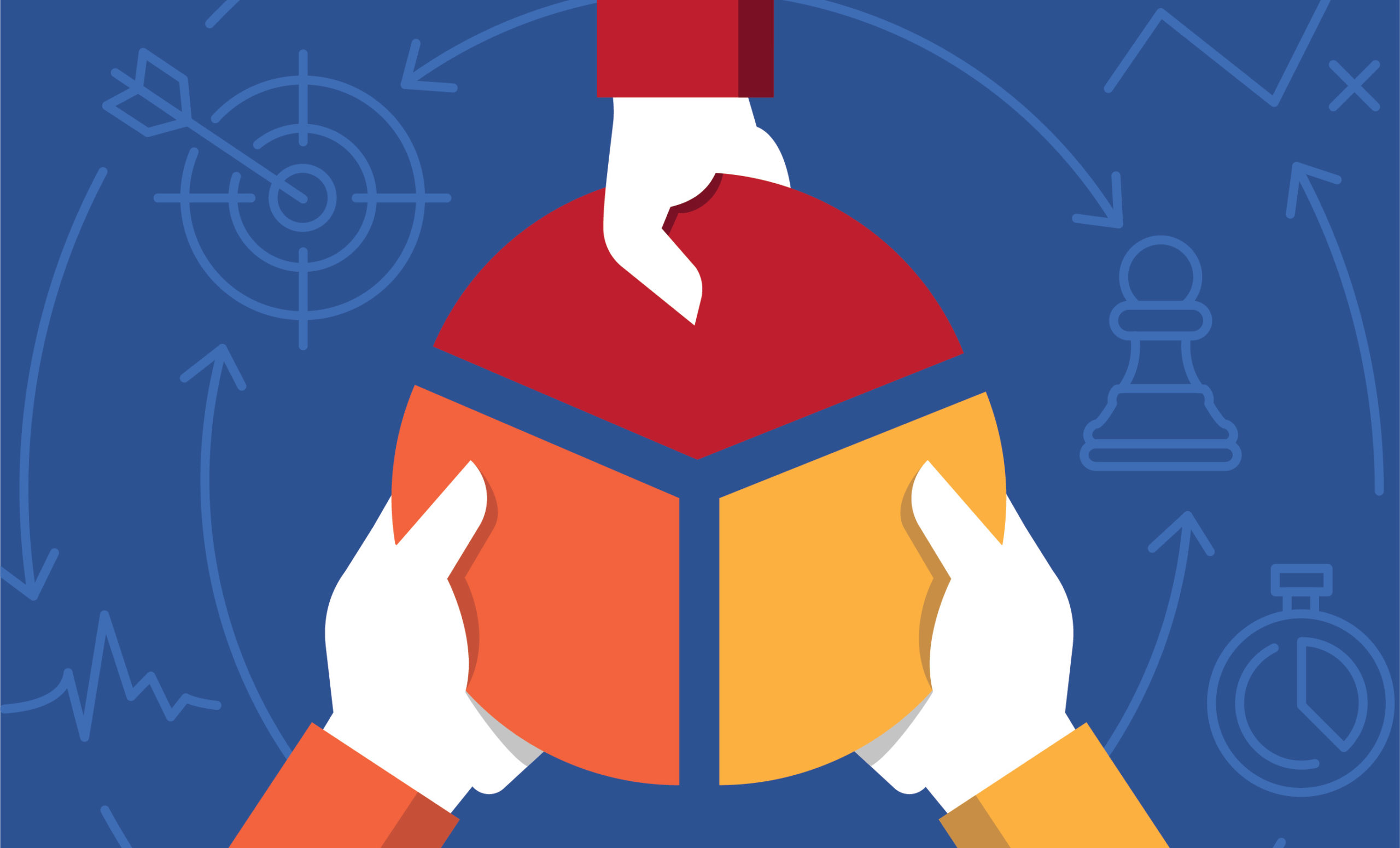Sharing Blame In A Sharing Economy: Juror Perception Of “Shared” Liability Of Third-Party Platforms
In recent years, third-party sharing services have become a standard part of a new economy that offer people a platform to share good and services. As the use of these platforms continues to grow, it permeates our daily lives, with many people using ride sharing, home sharing, and crowd sourcing services as well as third-party online sites to buy and sell products. Unfortunately, it is inevitable that there will be accidents and incidents while people use these services. Examples of such lawsuits include: An Airbnb guest sought to hold the company accountable for an alleged sexual assault claiming she was attacked by a host who was not properly screened; a lawsuit filed by a Philadelphia woman who sued Uber when her driver appeared drunk, and forced her out of the car in the middle of the highway; Amazon has been sued in numerous cases when defective products purchased through the site from third-party sellers have malfunctioned; and Care.com a nanny screening service, was sued when a 3-month-old girl who died while under the care of babysitter hired through the site.
This article will explore jurors’ perceptions of third-party platforms who are sued when someone is hurt when using these services.
It is clear that third-party platforms are trying to reduce their litigation exposure. For example, a recent New York Times article discusses Uber’s potential litigation stating that, “in order for a rideshare company to execute a successful IPO it needs to reduce its legal exposure and show it cares about the safety of its passengers.” However, when accidents occur and cases go to trial, will jurors determine that these third-party platforms share liability?
For comparison purposes, when accidents or incidents occur with a premises defendant, jurors often believe that as the owner or operator of the property, they have responsibility for the plaintiff’s safety. For example, if someone is robbed in a shopping mall, jurors believe that it was the responsibility of the commercial landlord to make the property safe. In the sharing economy, will jurors also hold third-party platforms responsible for the actions of their drivers, home owners, and individuals who offer their time and services? Our experience suggests that jurors’ will hold such defendants responsible for failing to protect its users. Below are hypothetical examples of lawsuits involving traditional defendants versus sharing economy defendants and the similarities in jurors’ reactions to these defendants.
Hypothetical # 1
Traditional Economy
A person is driving home when his car is struck by an intoxicated driver. The driver is severely injured and sued the driver and the restaurant that overserved him.
Sharing Economy
A passenger uses the Uber app to find a driver to get to his/her destination. The driver has had a few drinks from a flask he keeps in his car and has a car accident severely injuring the passenger. The driver has had two previous DUIs and several traffic accidents. Does the passenger sue the driver? Uber? Both? Was the driver’s background checked by Uber? Does Uber’s disclaimers to its users absolve them of liability for the accident?

Hypothetical #2
Traditional Economy
A vacationer stays at a national hotel chain on vacation. While she is in her locked room, an intruder breaks in and sexually assaults her. She sues the hotel for failing to provide adequate security to prevent this crime.
Sharing Economy
A vacationer uses Airbnb to rent a house to stay in for a week. While she is in the locked house, the host returns and rapes her. It is subsequently learned that the host, has a prior criminal record of sexual assaults. Does the plaintiff have a lawsuit against Airbnb? Will Airbnb’s disclaimers absolve them of liability?
Hypothetical #3
Traditional Economy
A consumer bought a baby crib at a brick and mortar store, brought it home and the baby was harmed when the crib collapsed. If the consumer initiates a lawsuit, s/he will sue the store, the crib manufacturer, and perhaps a components parts manufacturer.
Sharing Economy
A consumer bought a baby crib on Ebay with a top-rated seller, brought it home and the baby was harmed when the crib collapsed. It is subsequently learned that the seller offers cribs under fake brands. Does the plaintiff have a lawsuit against Ebay? Is it relevant that the seller received top ratings by other users?
Jurors’ Perceptions of Third-Party Platforms Litigants
The common juror issue in these lawsuits is the failure of these defendants to do more to protect users. For third-party platforms, jurors will likely hold defendants responsible for failing to identify bad actors. Based on our experience, jurors will likely believe that they have a moral and legal obligation to conduct thorough background checks on people who offer services through their platform. Jurors also will engage in counterfactual “what if” reasoning and be persuaded by evidence that a simple background check would have alerted the defendant that he is a potential danger to its users. Plaintiff counsel may leverage such evidence to put forth reptile-type safety arguments to increase jurors’ desire to punish third-party platform defendants for failing to provide a safe environment for people to share their services and not doing more to protect users.
Jurors’ demographics as well as their use of these services also will likely determine whether they believe that the third-party defendants are liable in these cases. For example, a 2016 Pew study of the “new digital economy” found the most avid users of the sharing economy, using four or more of these services, were well-educated (college graduates) had higher incomes and lived in urban areas 33% of 18-44 year-olds had used four or more of these services; on the other hand, 56% of those age 65 or older (and 44% of those 50 and older) had not used any of the service. Also important is how often individuals use third-party platforms and the types of platforms used (e.g., rideshare, home share, food delivery, online market places, etc.). Recent news regarding crimes committed through the use of these services also may make people aware that they may not be safe and increase their desire for such platforms to do more to protect users.
As with other types of cases, the fact pattern and whether the bad actor could have been identified beforehand will determine jurors’ verdict determinations. However, one commonality which similarly situates third party platforms, is the perception they indeed may “share” some of the issues and blame for failing to do more to protect its users. Jury research will help inform how jurors are likely to perceive the responsibility of third-party platforms in these types of cases. Specifically, this research will help evaluate how jurors apportion fault among multiple defendants and whether the plaintiff also had fault. Critically, jury research also will determine the level of sympathy for the plaintiff and anger towards third-party defendants and provide insight into jurors’ willingness to award high damages.



